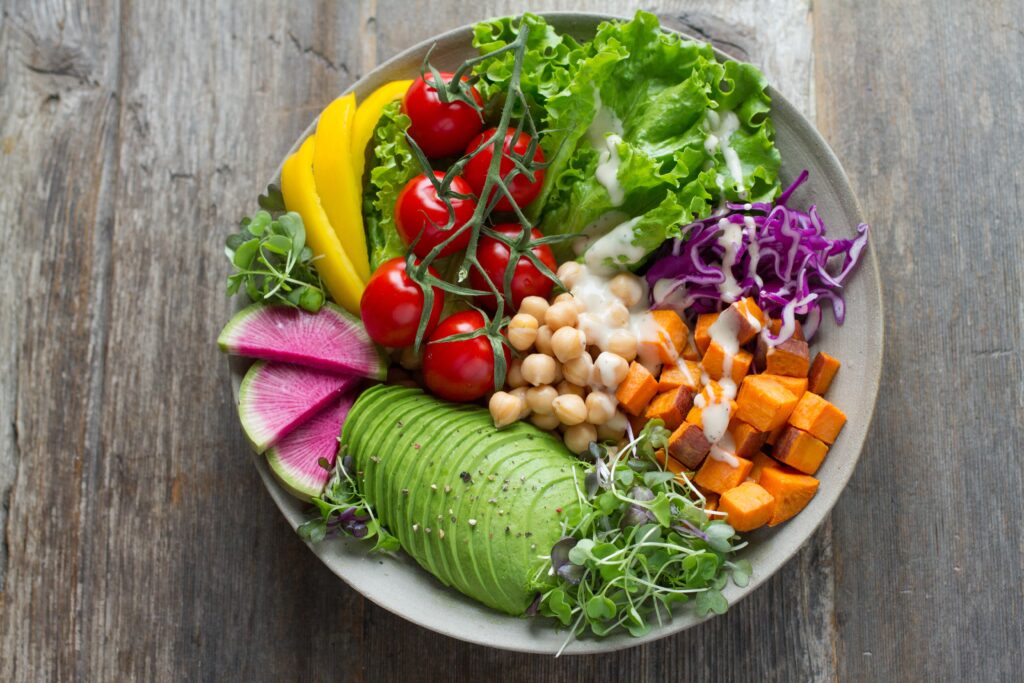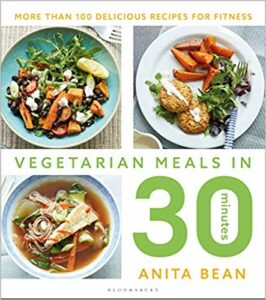Tumors Athlete Overcoming Plant Based Diet

Will a Plant-Based Diet Make You a Better Athlete?
There is no doubt that plant-based eating is on the rise. Elite athletes from runners to football players are increasingly adopting vegetarian or vegan diets for improved performance, quicker recovery and overall health. While there is plenty of science to support the health benefits of plant based diets, does this also mean that they will make you a better athlete?
First, lets look at the definitions of plant-based diets…
Plant-based diets encompass a number of different patterns of eating, including:
Lacto-Ovo Vegetarian: eat dairy and eggs but not meat or fish.
Lacto Vegetarian: Eat dairy but not eggs, meat or fish
Vegan: Don't eat any foods of animal origin at all, including honey
Flexitarian: Eat meat and fish occasionally
Pescatarian: Eat fish
What are the Potential Benefits?
Studies (here and here) show that plant-based diets are associated with a number of health benefits, including lower risk of death from heart disease, lower rates of certain cancers and type 2 diabetes, lower body mass index and lower LDL cholesterol levels.
However less is known about the effects of these diets on athletic performance and, to date, only a handful of studies have been carried out.
Fitness
A review of 8 studies by Australian researchers found that eating a vegetarian diet does not put athletes at a disadvantage when it comes to fitness training. It concluded that well-planned and varied vegetarian or vegan diets neither hinder nor improve performance in athletes.
Research at Arizona State University, which compared the aerobic fitness of vegetarian endurance athletes with omnivores found no negative effects of a plant based diet. In fact, vegetarians had higher maximal oxygen uptake values (VO2 max) than those who ate meat.
More recently, a study of runners published in theJournal of the International Society of Sports Nutrition in 2019 found those following a vegan or vegetarian diet had comparable maximal power output and exercise capacity to omnivores.
Strength
Some people worry about getting enough protein on a vegan diet.
Research published in the American Journal of Clinical Nutrition compared the muscle mass and strength of 2,986 men and women aged between 19 and 72 who ate a plant-based diet with that of omnivores. They found that as long as people are eating enough protein, it doesn't matter whether it is plant- or animal-based.
A study published in the International Journal of Sport Nutrition and Exercise Metabolism showed that supplementing with whey or soya protein during resistance training results in similar gains in strength and muscle mass.
Recovery
Studies have found that plant-based athletes tend to have a higher carbohydrate intake than omnivores. This would help them meet the recommended requirement in order to optimise glycogen stores needed for endurance activities.
A typical plant based diet comprises a wide range of antioxidant-rich foods (e.g. fruit and vegetables), so it is plausible that the consumptions of these foods will result in an enhanced antioxidant system capable to reducing exercise-induced oxidative stress.
Plant-based athletes also have higher intakes of fibre and phytochemicals (plant nutrients) that improve gut health. Consuming more fibre – especially a wide variety of different fibre types – and polyphenols means that you're feeding the billions of microbes in your gut. This can result in numerous health benefits, including increased immunity, less oxidative stress and lower inflammation, all key factors necessary for optimal performance and recovery.
Studies have found people who ate a vegetarian diet for at least two years had lower levels of inflammation than those who ate an omnivorous diet, suggesting that plant-based diets have an anti-inflammatory effect on the body, which can speed up recovery time.
What are the potential disadvantages?
On the other hand, plant-based diets are typically lower in protein, vitamin B12 and calcium (here and here ). Iron and zinc from plant sources are less bioavailable than from meat sources. One study found that protein quality may be lower, a reflection of a less favourable amino acid profile and bioavailability. But this can be overcome by:
- Consuming larger amounts of protein – perhaps as much as 10 – 22g protein daily to achieve the recommended intake for athletes (2 – 2.0g/ kg body weight). Pulses, tofu, tempeh, grains, nuts and seeds are all good sources.
- Including plant foods rich in leucine, such as tofu, beans, lentils, nuts, and seeds. This will increase the overall protein quality of a meal and increase its muscle-building potential.
- Eating a variety of plant proteins over the course of a day. This will provide a more balanced amino acid profile and means that the shortfall of EAA in one source will be compensated by higher amounts found in another.
In the view of the Academy of Nutrition and Dietetics and the American College of Sports Medicine, athletes can meet all their nutritional needs through a well-planned vegetarian or vegan diet.
What's the bottom line?
In summary, studies provide compelling evidence that excluding animal products does not put you at adisadvantagewhen it comes to fitness training, strength or recovery.
Although there is no definitive proof that cutting meat or adopting a plant-based diet will make you a better athlete, there are a number of ways it may confer a performance advantage.
You don't necessarily have to go vegan to reap the health and performance benefits of a plant-based diet. You might want to adopt a flexitarian diet whereby you eat a mostly vegan diet with occasional meat or fish. If you want to take things further, try adopting a vegetarian diet, going vegan one day a week or substituting more vegan meals for meat in your weekday or weekend routine.

If you enjoyed this article and want to find out more about food and nutrition, as well as some easy and tasty meal inspiration, then my new book, Vegetarian Meals in 30 Minutes: More Than 100 Delicious Recipes for Fitness, is a great place to start. It features:
- More than 100 delicious recipes for breakfasts, salads, burgers, falafels, soups, curries, stews, weekend dinners, desserts and snacks that take 30 minutes or less to prepare
- Expert advice on how to how to eat well and improve your performance
- Beautiful food photography
- Full nutrition information for each recipe
Related Posts
Tumors Athlete Overcoming Plant Based Diet
Source: https://anitabean.co.uk/will-a-plant-based-diet-make-you-a-better-athlete/